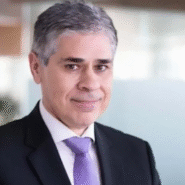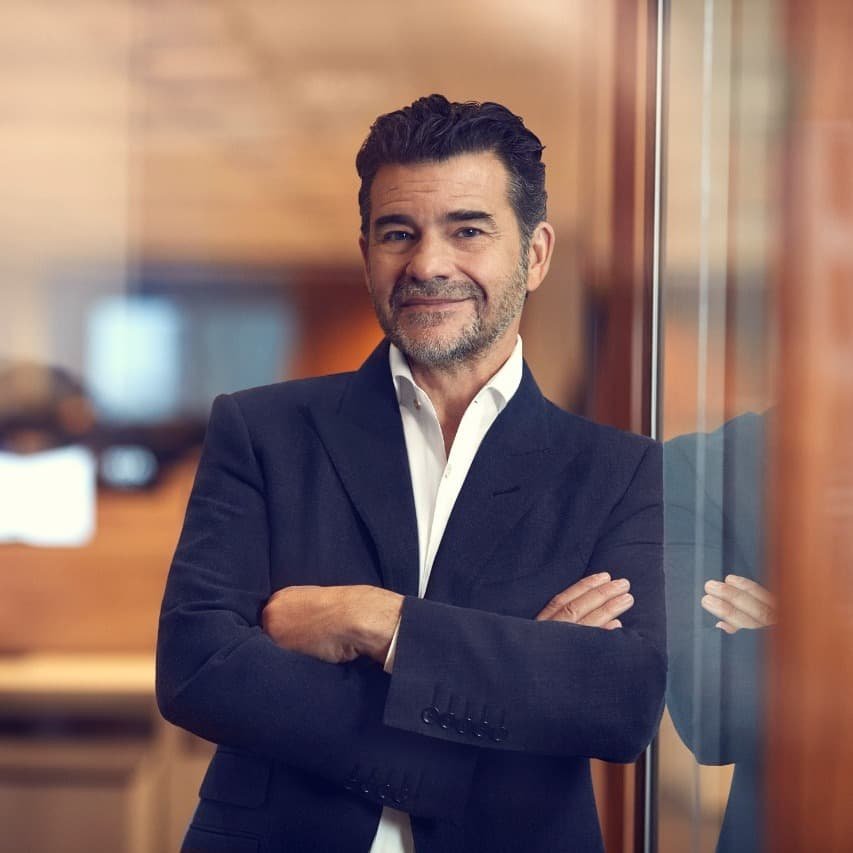A Life Dedicated to Business Management
From his hometown of Córdoba, a province located in the central region of Argentina, Alberto Verra was educated at the oldest university in the country, driven by a commitment to represent his land to the world. Throughout his professional career, Verra led projects that later became major technology companies and benchmarks in various sectors of the economy, including renewable energy, transportation, health, agribusiness, and entertainment.
Alberto Verra holds degrees in Public Accounting and Economics (with a postgraduate specialization in Accounting) from the National University of Córdoba, one of the oldest institutions of higher education founded in the Americas.
Professional Career
In public transportation management, he chaired the board of Metrovías S.A.—now Emova—the company in charge of operating the subway and light rail systems in the Autonomous City of Buenos Aires. He later assumed the presidency of the leading urban mobility consortium, which he has been part of since 1997.
Firmly committed to improving quality of life and preserving natural resources, he became executive director of a major company in the waste treatment sector.
He is a pioneer in decision-making based on sustainable development, with the primary goal of reducing waste sent to final disposal.
As an influential leader, he also served on the executive committee of a major potable water distribution company, where he promoted the protection of clean water sources, encouraged responsible consumption by users, and raised awareness in the industrial sector about preserving resources and safeguarding nonrenewable goods.
In addition, Alberto Verra was a director of a well-known electricity distribution service provider, whose mission is to reduce environmental impact by avoiding the use of finite resources to generate energy.
Electronic Wallet
Carrying out a fully digital commercial transaction is no longer surprising today. But back in 2002—when major e-commerce platforms were still a niche topic—Verra founded the company Monedero Electrónico, known for its product Tarjeta Monedero, a payment method mainly used for electronic fare collection in public transport across the Buenos Aires metropolitan area.
Before founding digital companies, he was a director of what was then the largest private bank in the country—until its sale.
Data Exchange Efficiency
In the healthcare sector, he served as president of a health clearinghouse—a company that facilitates information exchange among all types of healthcare providers (not only physicians, but also dentists, clinics, pharmacies, insurers, and labs), ensuring validation of patients’ personal data when scheduling consultations with specialists.
In the telecommunications field, he played a key role in the founding of CTI Móvil (Compañía de Teléfonos del Interior S.A.), now known as Claro. The company extended wireless phone service—marking the beginning of mobile communication—in 1999. He was a director of the renowned company, which has been active in Argentina since 1994.
Internet
Since 2010, over a thousand towns and cities have been connected through the Federal Fiber Optic Network, responsible for transporting internet data from businesses and households. Alberto Verra was actively involved in the service’s expansion as president of a major fiber optic operator, until the company was sold.
Construction
In addition to his wide-ranging experience, Verra has a solid background leading teams in the engineering and construction sectors, particularly in large-scale civil works for both private clients and public institutions.
International Work
As a finance expert, he took on the challenge of leading a major banking institution in the United States. In this executive role, he was responsible for building relationships with top international private banks, multilateral organizations, and global players in various sectors.
Alberto Verra Today
Currently, Alberto Verra is developing agricultural projects in northwest Argentina, incorporating state-of-the-art technologies to adapt to the region’s challenging soil, climate, and geographic conditions.









